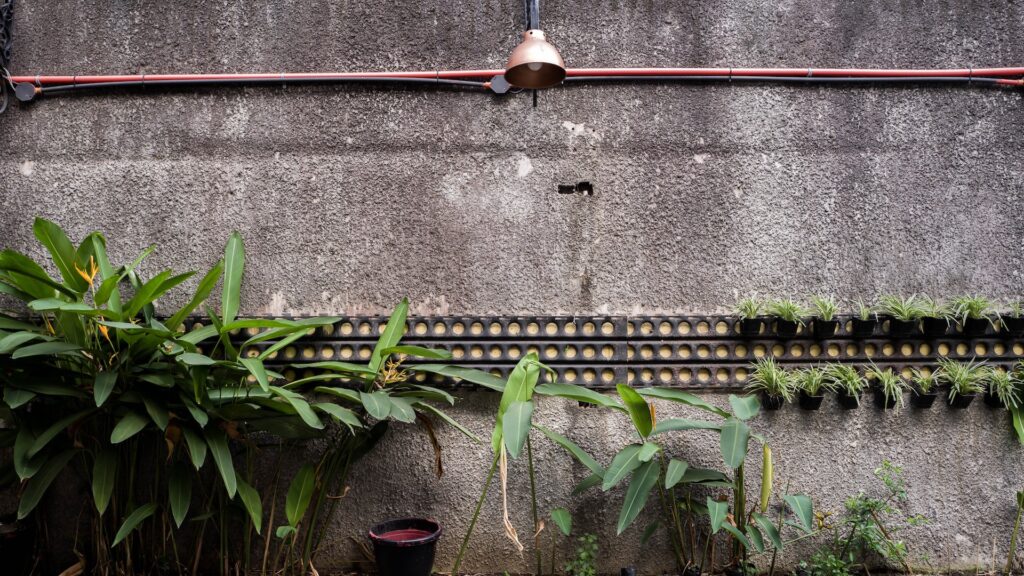Introduction:
In today’s world, where environmental concerns are at the forefront of our minds, creating a sustainable garden is a step towards a greener future. Sustainable gardening practices not only benefit the environment but also promote healthier soil, plants, and overall well-being. In this comprehensive guide, we will explore how you can create a sustainable garden and incorporate eco-friendly practices into your gardening routine.
1. Start with Soil Health:
The foundation of any successful garden is healthy soil. By avoiding synthetic fertilizers and choosing organic alternatives, you reduce the risk of harmful chemicals entering our ecosystems. Utilize compost, organic mulch, and natural amendments to nourish the soil, improve water retention, and foster beneficial organisms that promote plant growth.
2. Choose Native and Adapted Plants:
Opt for plants that are well-suited to your specific climate and region. Native plants generally require less water, fertilizer, and maintenance, as they have naturally adapted to their environment. By selecting these plants, you contribute to the preservation of biodiversity and promote the survival of indigenous species.
3. Conservation of Water:
Water is a precious resource, and using it wisely is crucial in sustainable gardening. Incorporate water-saving methods such as installing rain barrels to collect rainwater, using efficient irrigation systems, and grouping plants with similar water requirements together to minimize waste. Mulching can also help conserve moisture and reduce evaporation from the soil.
4. Implement Natural Pest Control:
Chemical pesticides can harm beneficial insects, birds, and the environment. Instead, opt for natural pest control methods, such as companion planting, which involves planting certain species together to ward off pests, or attracting beneficial insects like ladybugs and bees that keep harmful pests in check. Neem oil, homemade insecticidal soaps, and biological controls like nematodes can also be effective alternatives to synthetic pesticides.
5. Reduce, Reuse, Recycle:
Incorporate sustainable practices beyond your garden by reusing and repurposing materials. Use rainwater collected in barrels, repurpose old containers for plant pots, and compost kitchen scraps to reduce waste. Avoid disposable products and opt for biodegradable or reusable alternatives in your gardening activities.
Conclusion:
Adopting sustainable gardening practices not only helps conserve the environment but also nurtures a healthier and more productive garden. By maintaining healthy soil, selecting native plants, conserving water, implementing natural pest control, and reducing waste, you can create an eco-friendly garden that contributes positively to the overall ecosystem. Let’s work together towards a greener future for ourselves and generations to come.
Category: Gardening

